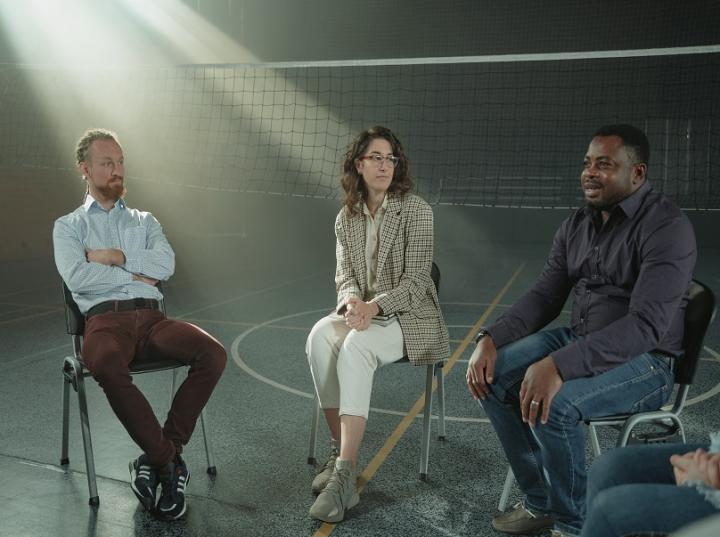Introduction:
There are many alternatives available to address mental health problems. The most prominent options for resolving various mental illnesses are DBT and CBT. Both are different kinds of psychotherapy. The client is usually supposed to meet the therapist once a week for specific training in CBT or DBT. However, the group sessions also take place in DBT. CBT and DBT are very useful practices to effectively deal with mood swings, anxiety disorders, and emotional and behavioural problems. To know which is best for you in DBT vs CBT, you should approach a mental health professional.
What is CBT?
CBT therapist in London focuses on the patient's problems with a prospect of his thoughts, emotions and behaviours. A CBT therapist recommends different ideas and strategies to alter the thought process, feelings and behaviours that are the root of the problem. It results in the improvement of the patient's mindset. In case of insomnia, the therapist will recommend observing your thoughts and feelings during the day, which might hamper the night sleep. And accordingly, the patient will be recommended for changes in routine to improve sleep quality.
What is DBT?
DBT is centered around the philosophy of Buddhism and zen practices. It asks patients to practice mindfulness to accept things as they are instead of suffering by making efforts to change them. This method helps the patients understand and manage their emotions. The DBT for anxiety can be more powerful than conventional CBT at dealing with emotion-driven behaviours such as stress eating, substance consumption and suicidal tendencies.
How to choose between DBT vs CBT?
The prominent factor that should be kept in mind while choosing DBT vs CBT is identifying the problem that your client is facing. The best way to know which type of therapy treatment is a perfect fit for you is to consult a mental health professional such as a therapist, psychotherapist or psychologist. They understand your symptoms, treatment history and the outcomes you need at the end of the therapy. They will guide you with the next steps. They also help you draw attention to your strengths and skills, which can benefit you in recovery.
Mental illnesses that are treated by CBT :
Panic attacks
Phobic disorder
Post-traumatic stress disorder
Social anxiety
Obsessive-compulsive disorder
Insomnia
CBT helps the patients recognise troublesome thoughts and emotions and suggest techniques to reroute their emotions. It is basically talk therapy that relies on logic and reason to flip your mindset gradually and helps you to be in control of your present negative thoughts.
Mental illnesses that are treated by DBT :
Social isolation
Suicidal tendency
Unstable relations with others
Anger issues
Fears of losing
Trouble dealing with intense emotions
DBT for anxiety helps patients alter their behavioural patterns instead of thinking and conversing about the emotional turmoils. It is most effective for patients suffering from intention, emotionally reactive patterns and impulsive behaviour. However, substance use disorder,depression, procrastination can be resolved using either of them.
Many people struggle with finding the best therapy option to cure their emotional problems. It must not be obvious at the beginning of the therapy what it means is the perfect fit in DBT vs CBT. You can consult a therapist who is trained in both therapies. After getting a deeper understanding of your thoughts and behavioral patterns, he will give the recommendations and next steps to follow.
Source Url : https://thebluetreeclinic.com/therapy/cbt/



